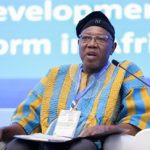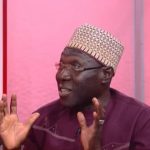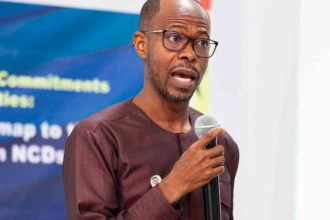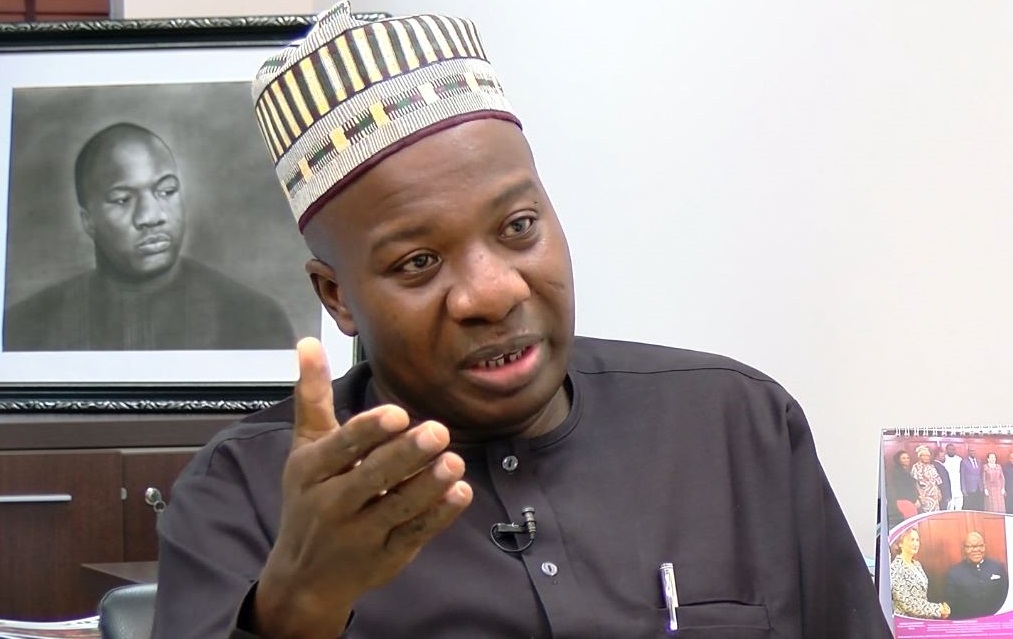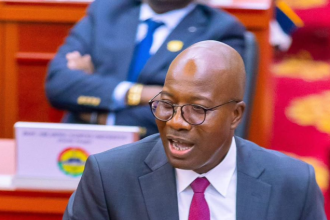International relations expert of AFRO Global Research, Dr Ishmael Hlovor, has said that the Ghana government made a mistake in declaring their support for Israel amid the recent tensions between Israel and Palestine.
He was of the opinion that taking sides would have security implications for Ghana.
In his view, the government should have called on the community of nations to take a stand that the violence must stop, analyse the root cause of the war, and resolve it.
He said by doing so, the Ghana government would exempt itself from anger or attack from external forces.
Dr Hlovor was reacting to comments by President Nana Akufo-Addo about solidarity with Israel as the Middle Eastern country fends off attacks from the terrorist group Hamas.
The attacks have resulted in more than 3,000 deaths from both sides, with Israel vowing to wipe out the entire terrorist network.
In the wake of renewed hostility between Israel and Palestine over the Gaza Strip, President Nana Akufo-Addo reaffirmed the nation’s unwavering support for Israel and Ukraine during a recent address at the headquarters of the United States Institute of Peace (USIP) in Washington, D.C.
Hamas militants from the Gaza Strip reportedly infiltrated southern Israel to attack innocent Israeli civilians and help many as hostages.
President Akufo-Addo emphasised the importance of standing by these nations during their “difficult moments of national survival.”
In his speech, President Akufo-Addo expressed concerns over the repercussions of Hamas’ violent invasion of Israel and the subsequent impact on global peace in the Middle East.
He stressed the need for international unity in addressing the significant challenges facing the world today.
However, Dr Hlovor says by the wordings of the president, “Ghana has taken a pro-western stand on this instance because if we look at the US, Britain and other major powers, they have all gone full swing to support Israel. And, of course, it introduces a little bit of us virtually departing from our foreign policy of positive neutrality because then it means that we are not taking into account the various dynamics of this conflict.
“We must also recognise that the conflict has religious implications, and we have a significant Muslim population here whose leaning may be with Palestinians. So, it would have been more diplomatic and more cautious if we stuck with the statement issued by the Ministry of Foreign Affairs. But what the president has done is virtually taken a pro-western stance, and that is not really in the best interest of this country. We have not moved ourselves to a position where we will be seen as neutral arbitrators in this conflict.”
He added that “our position is to ensure that there is a peaceful resolution to this dispute so that it does not escalate, it does not draw in powers within that region that the whole region will be destabilised. Remember, if the Middle East is destabilised, it will invariably affect global fuel prices, and that may have a repercussion for us.”







